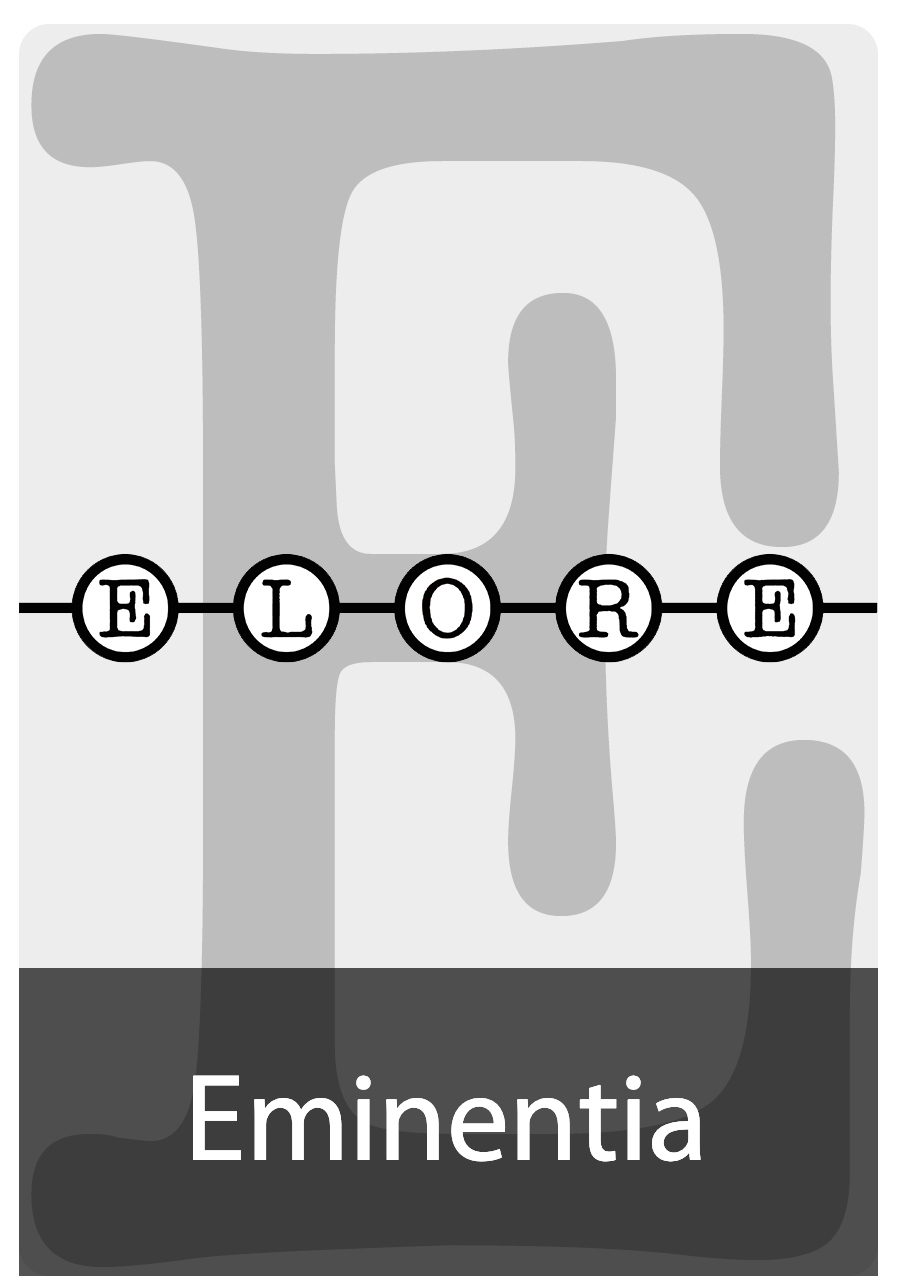Känsla och självkännedom. Tal om känslor i intervjubaserad forskning
DOI:
https://doi.org/10.30666/elore.79018Abstract
What can be learnt about emotions and self-understanding by paying attention to the different roles that emotions have in conversation? How does this contribute to our understanding of the moral demands inherit in the meeting of the interviewer and interviewee in the context of qualitative research interviews? Emotions on the part of the interviewer can be seen as a pre-requisite for understanding, but emotions, and in particular unacknowledged emotions that the interviewer may resist to accept, wish to subdue or deny, since he or she feels that they are too shameful, or in other ways unwelcome, may also be a hindrance to understanding. By turning to questions of what it is to know oneself and one’s emotions as a researcher, the author questions the Cartesian assumption that people have direct access to their mental life, and thereby, as it were, always know themselves best. The article shows what kind of difficulties may be connected with coming to know oneself, as well as one’s emotions.Downloads
Published
How to Cite
Issue
Section
License
The journal follows Diamond Open Access publishing model: the journal does not charge authors and published texts are immediately available on the Journal.fi service for scientific journals. By submitting an article for publication on Elore, the author agrees, as of September 2024, that the work will be published under a CC BY 4.0 licence. Under the licence, others may copy, transmit, distribute and display the copyrighted work and any modified versions of the work based on it only if they attribute the licence, the original publication (link or reference) and the author as the original author. Any modifications made must be acknowledged.
Copyright of the texts remains with the authors, and self-archiving (Green OA) of the published version is allowed. This also applies to texts published before September 2024. The Green OA publication must include Elore's publication details.
The metadata for published articles is licensed under Creative Commons CC0 1.0 Universal.





